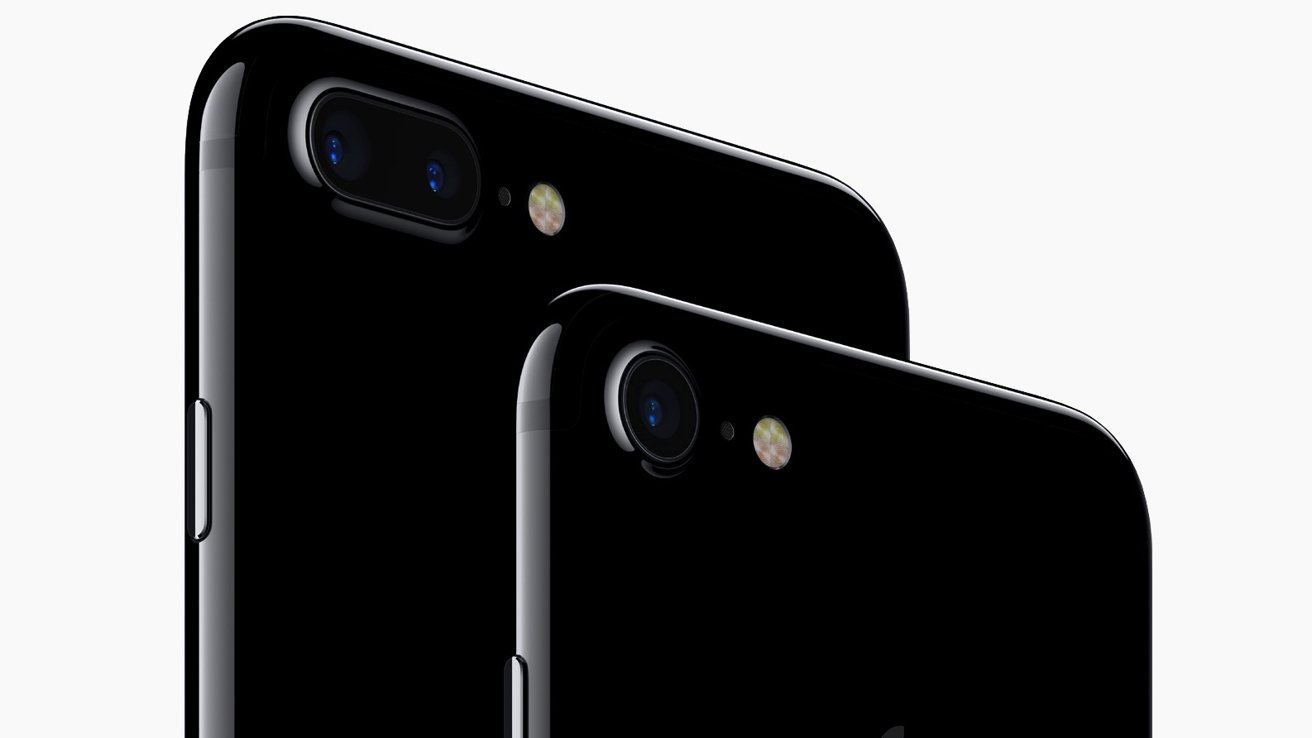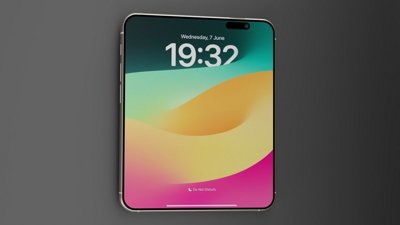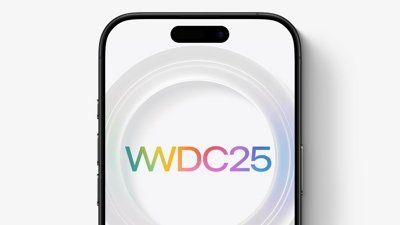The six-year long saga about the iPhone 7 speaker issues is finally coming to a close, with Apple agreeing to settle a class action lawsuit about the matter.
According to the suit, plaintiffs experienced "grayed out" speaker buttons while in calls, loss of voice command capabilities for Siri, an inoperable Voice Memos app, degradation of microphone fidelity and other audio-related issues. Handsets named as defective by the suit were sold between early 2017 and late 2018.
Users that qualify for a payment must have owned an iPhone 7 or iPhone 7 Plus between September 16, 2016 and January 3, 2023. In addition, there must be a documented complaint with Apple regarding the speaker issues, or users must have paid Apple for a repair or replacement of the device.
The settlement administrator is mailing postcards to people it believes are included in the settlement. The deadline for a response, one way or another, is June 3, 2024.
Users who qualify for the settlement will receive a payment of at least $50 and no more than $349. Settlement Class Members who reported Covered Issues to Apple, but who did not pay Apple out of pocket for repairs or replacements for Covered Issues, will receive a payment of up to $125.
It's not clear when the payments will go out. The so-called "batterygate" payments took about a year after settlement to deposits.Lodged with the U.S. District Court for the Northern District of Illinois, the complaint claims Apple knew of and concealed a hardware defect that renders certain audio features of iPhone 7 and iPhone 7 Plus smartphones useless.
Each named plaintiff saw their iPhone 7 succumb to the "Audio IC Defect." The symptoms of the apparent hardware issue were identical to those described by users who suffered a previously known problem dubbed "Loop Disease" by some repair industry insiders.
The suit attributed the defect to what amounts to poor design. Specifically, iPhone 7's aluminum chassis is was alleged to be made from "substandard materials" that allows for flexion directly over the audio controller attached to the phone's logic board.
Over time, the suit alleged that the solder connecting the audio IC chip to the logic board failed, resulting in a range of problems, including the "Loop disease" flaw.
Apple had a repair program for the iPhone 7 impacted by the issue. It has since been discontinued.
It's not clear how many units were impacted by the flaw, nor commonalities between impacted units, beyond the model.
 Mike Wuerthele
Mike Wuerthele


 Wesley Hilliard
Wesley Hilliard
 Amber Neely
Amber Neely
 William Gallagher
William Gallagher
 Christine McKee
Christine McKee


 Andrew Orr
Andrew Orr










There are no Comments Here, Yet
Be "First!" to Reply on Our Forums ->